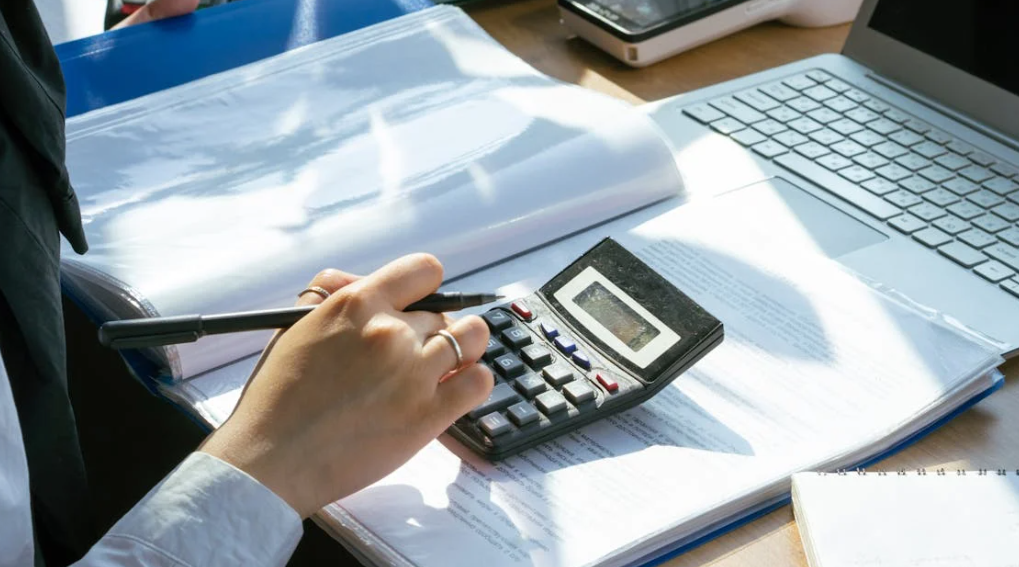- EasyCard
- Trade
- Help
- Announcement
- Academy
- SWIFT Code
- Iban Number
- Referral
- Customer Service
- Blog
- Creator
How to Remit Money to the Philippines? Understand the Most Convenient Remittance Methods and Fees
There are many ways to remit money to the Philippines, including online remittance, bank transfer, remittance centers, and mobile wallets. The fees, speed, and security of each method vary. When choosing a suitable remittance method, users need to pay attention to factors such as fees, exchange rates, and delivery times. This article will introduce how to remit money to the Philippines to help you find the most appropriate remittance method. At the same time, BiyaPay will be introduced, which is a more flexible remittance option.

Online Remittance Services: How to Choose the Right Service?
Online remittance services are becoming increasingly popular due to their convenience and speed, especially for those who need to transfer funds to the Philippines quickly. The most common online remittance platforms include PayPal, Xoom, and Remitly. These services usually operate through electronic transfers. Users only need to enter the payee’s information and the transfer amount on the online platform to easily complete the remittance.
Compared with traditional bank transfers, online remittance services usually offer lower fees and more competitive exchange rates, making them the preferred choice for many remitters. For example, Xoom (a company under PayPal) and Remitly both support real-time transfers, and transactions can be completed in almost a few minutes. However, the fees for online remittance services are usually related to the remittance amount and the destination country. Some service providers may charge currency conversion fees or processing fees. Therefore, when choosing a remittance service, users should check the fee structure in advance.
However, online remittance services also have some limitations. Most platforms do not support international transfers (i.e., remitting money to other countries), and certain platforms also have restrictions on the available payment methods. Before making a remittance, it is recommended that you carefully read the relevant terms and conditions to ensure that you choose a service provider that suits you.
Bank Transfers: High Security but Longer Processing Time
Bank transfer is one of the traditional remittance methods. Although it has high security, compared with other methods, its processing time is longer. To make an international remittance, users must open an account at the bank and fill out a remittance form to provide the payee’s detailed information, including the name of the payee’s bank, account number, etc. Usually, such transactions may take 1 to 5 working days to complete.
Although bank transfers have high security guarantees, there are also some disadvantages. Firstly, the transfer fees are usually high, especially for cross-border transfers. In addition, the bank may also charge additional handling fees according to factors such as the remittance amount and destination. Moreover, compared with online remittance services, the exchange rates of bank transfers are often less competitive, which may result in the payee receiving a smaller amount ultimately.
If you choose bank transfer, it is best to consult the bank before making the remittance to understand the specific fee and exchange rate information and ensure that you are aware of all fee details and possible additional fees. Bank transfer is suitable for users who have high security requirements, especially when the transfer amount is large.
Remittance Centers: Traditional Method but with Higher Fees
Western Union and MoneyGram are globally renowned remittance centers that provide face-to-face remittance services. Users can make cash remittances through these services and can directly transfer money through the network platform of the remittance center. For users who need to remit money in person, the remittance center is a very convenient option.
However, remittance centers usually charge high service fees, especially for cross-border remittances. Compared with online remittance and bank transfer, the transfer fees of Western Union and MoneyGram may be as high as several hundred yuan, and the specific fees depend on factors such as the transfer amount, destination, and whether instant delivery is selected. In addition, the exchange rates of remittance centers are usually not competitive. Therefore, although they provide convenient cash transfer services, the high fees may affect their cost-effectiveness.
Nevertheless, remittance centers are still the preferred choice for many users, especially those who need quick fund arrival or are not convenient to use a bank account. If you choose a remittance center to make a remittance, it is recommended to understand the transfer fees, exchange rates, and service hours in advance to ensure that your funds can be delivered smoothly and safely.
Mobile Wallets: The Rise of GCash and PayMaya
With the popularity of smartphones, mobile wallets are being used more and more widely in the Philippines. GCash and PayMaya are two mainstream mobile payment tools in the Philippines, and they provide very convenient remittance services. Users can transfer money quickly through these mobile wallet applications and can choose to directly deposit the funds into a local bank account in the Philippines or make online payments.
The biggest advantages of GCash and PayMaya are real-time fund arrival and low fees. Users can recharge funds to these platforms through a bank account or credit card and then directly make remittances. Compared with traditional bank transfers and remittance centers, mobile wallets are usually more competitive in terms of exchange rates and handling fees, especially suitable for users who need to complete transactions quickly.
These platforms not only support local payments but can also be used for cross-border remittances. However, when using these platforms, users also need to pay attention to the fees that the platforms may charge. For example, some platforms may charge additional fees for certain payment methods (such as credit cards), and some platforms may experience transaction delays during peak hours. When choosing a mobile wallet, it is recommended that users first confirm the platform’s service terms and fee structure.
Conclusion
There are various ways to remit money to the Philippines, and each method has its own advantages and disadvantages. Online remittance services, bank transfers, remittance centers, and mobile wallets each have their own characteristics, and users should choose the most suitable remittance method according to their personal needs. Generally speaking, online remittance services are suitable for users who need fast and convenient transfers, bank transfers are suitable for users with high security requirements, and remittance centers are suitable for users who need to remit money in person. Mobile wallets such as GCash and PayMaya have become the preferred choice for many people due to their low fees and fast fund arrival.
If you need a more flexible and efficient remittance method, BiyaPay can provide you with an ideal choice. BiyaPay’s remittance service has no limit on the amount, uses the safest and fastest local remittance method, and its business scope covers most countries and regions around the world, ensuring that funds are delivered to the payee in a timely and accurate manner, which is suitable for cross-border and local remittance needs.
*This article is provided for general information purposes and does not constitute legal, tax or other professional advice from BiyaPay or its subsidiaries and its affiliates, and it is not intended as a substitute for obtaining advice from a financial advisor or any other professional.
We make no representations, warranties or warranties, express or implied, as to the accuracy, completeness or timeliness of the contents of this publication.




Contact Us
Company and Team
BiyaPay Products
Customer Services
is a broker-dealer registered with the U.S. Securities and Exchange Commission (SEC) (No.: 802-127417), member of the Financial Industry Regulatory Authority (FINRA) (CRD: 325027), member of the Securities Investor Protection Corporation (SIPC), and regulated by FINRA and SEC.
registered with the US Financial Crimes Enforcement Network (FinCEN), as a Money Services Business (MSB), registration number: 31000218637349, and regulated by FinCEN.
registered as Financial Service Provider (FSP number: FSP1007221) in New Zealand, and is a member of the Financial Dispute Resolution Scheme, a New Zealand independent dispute resolution service provider.




















